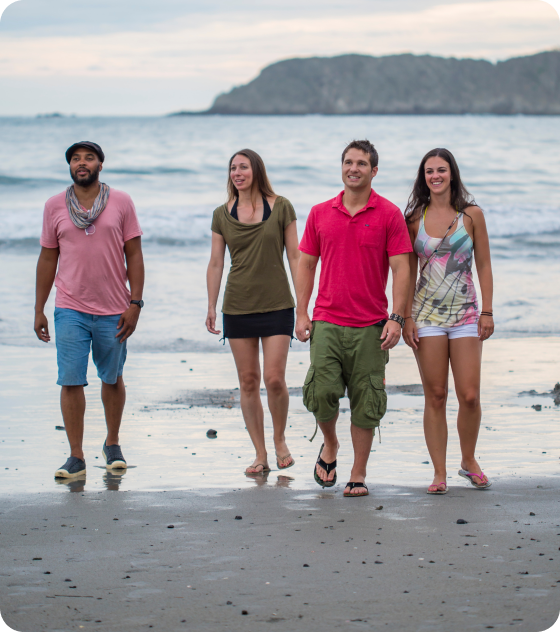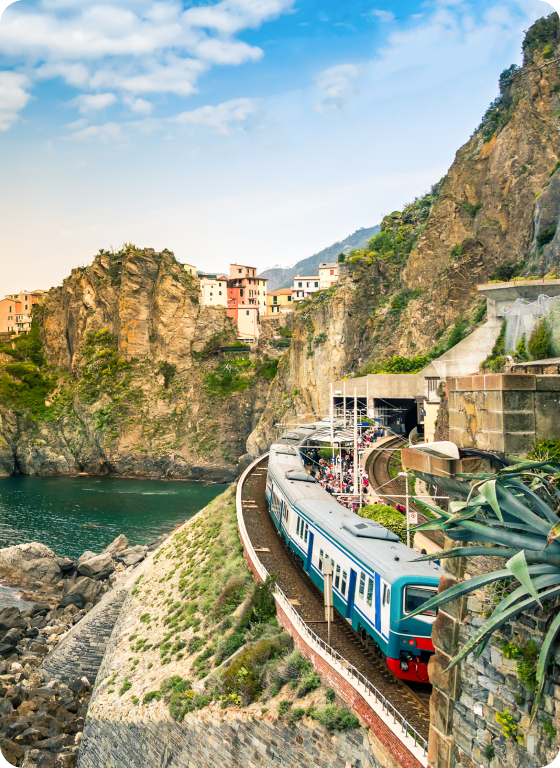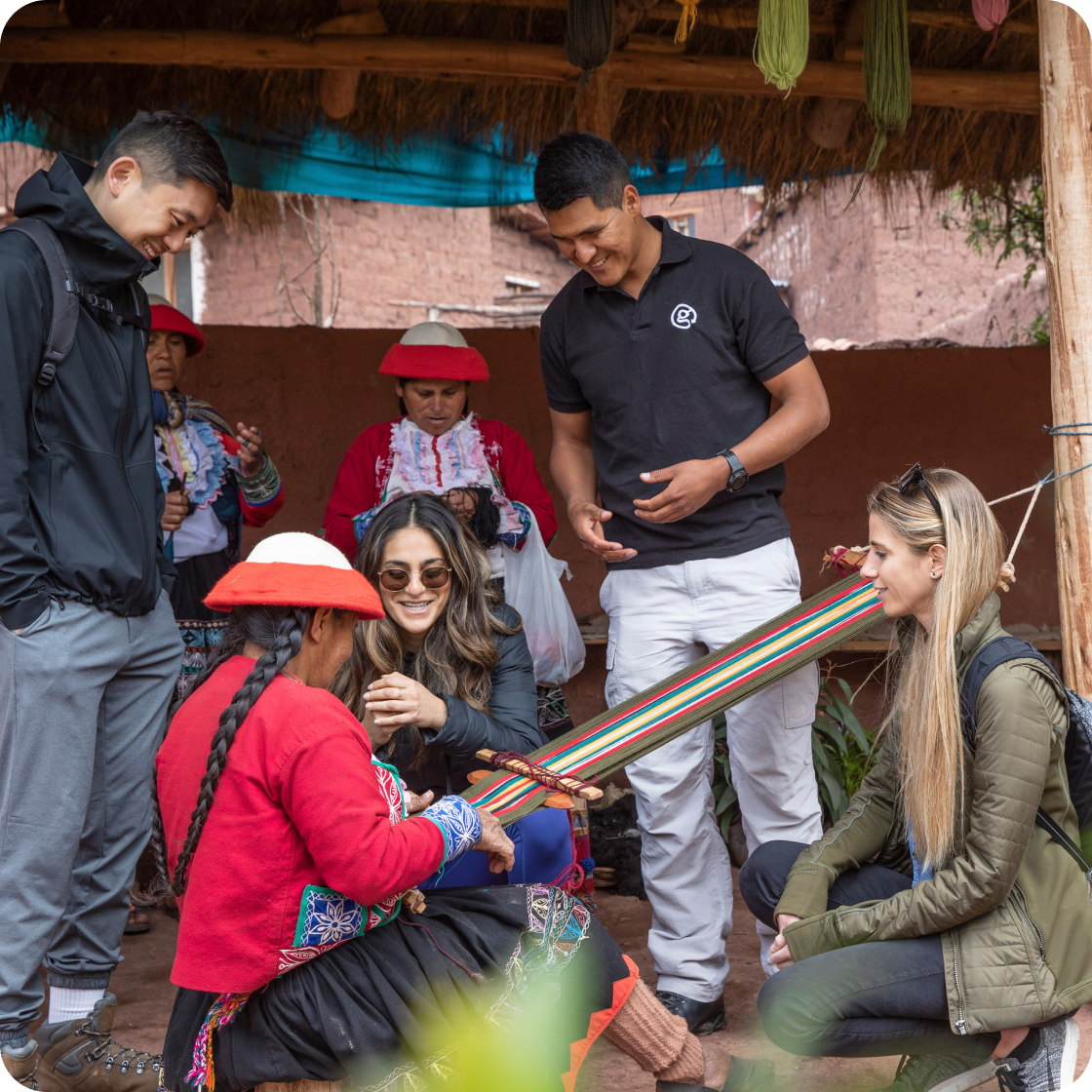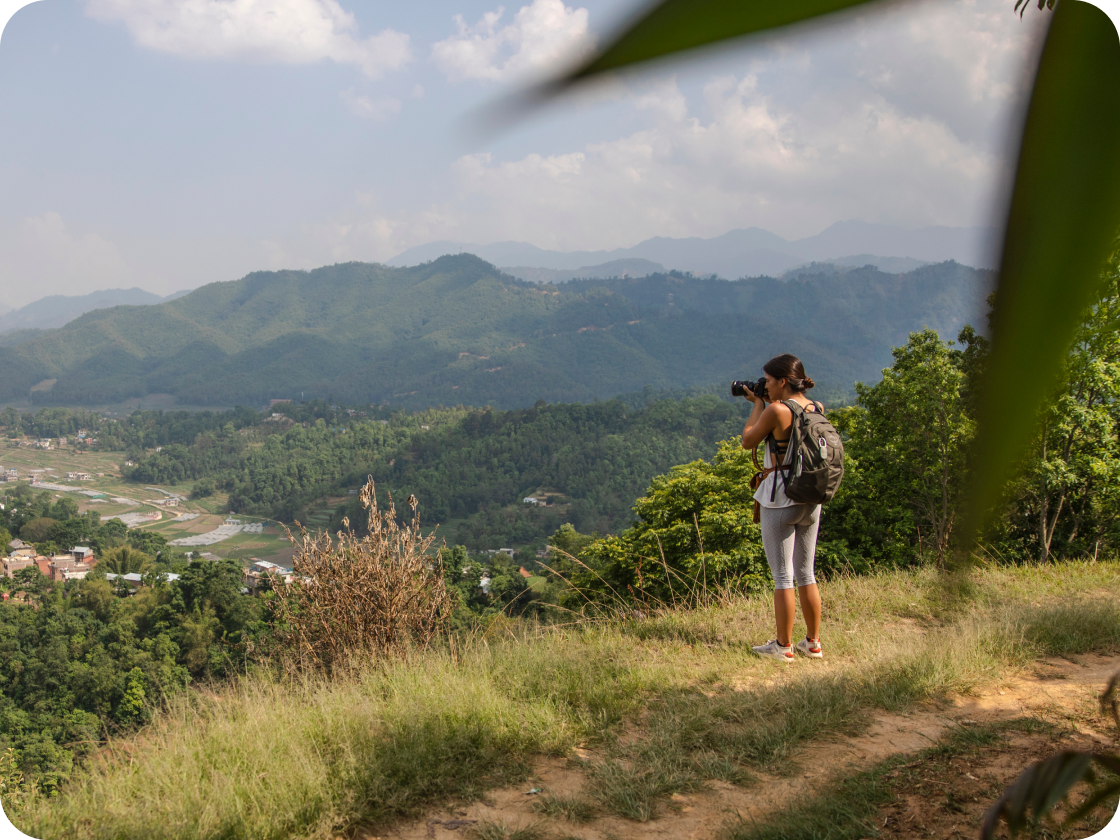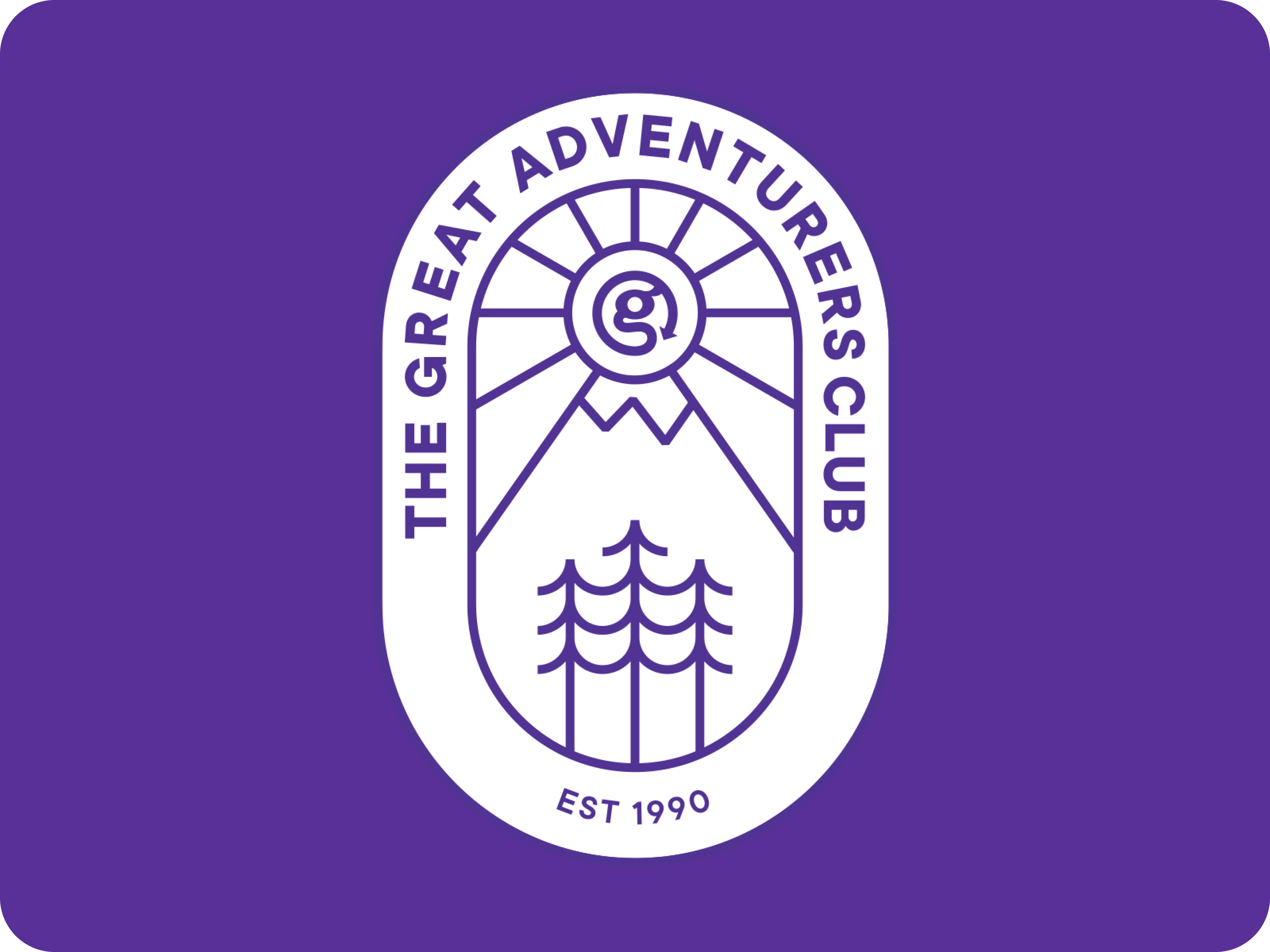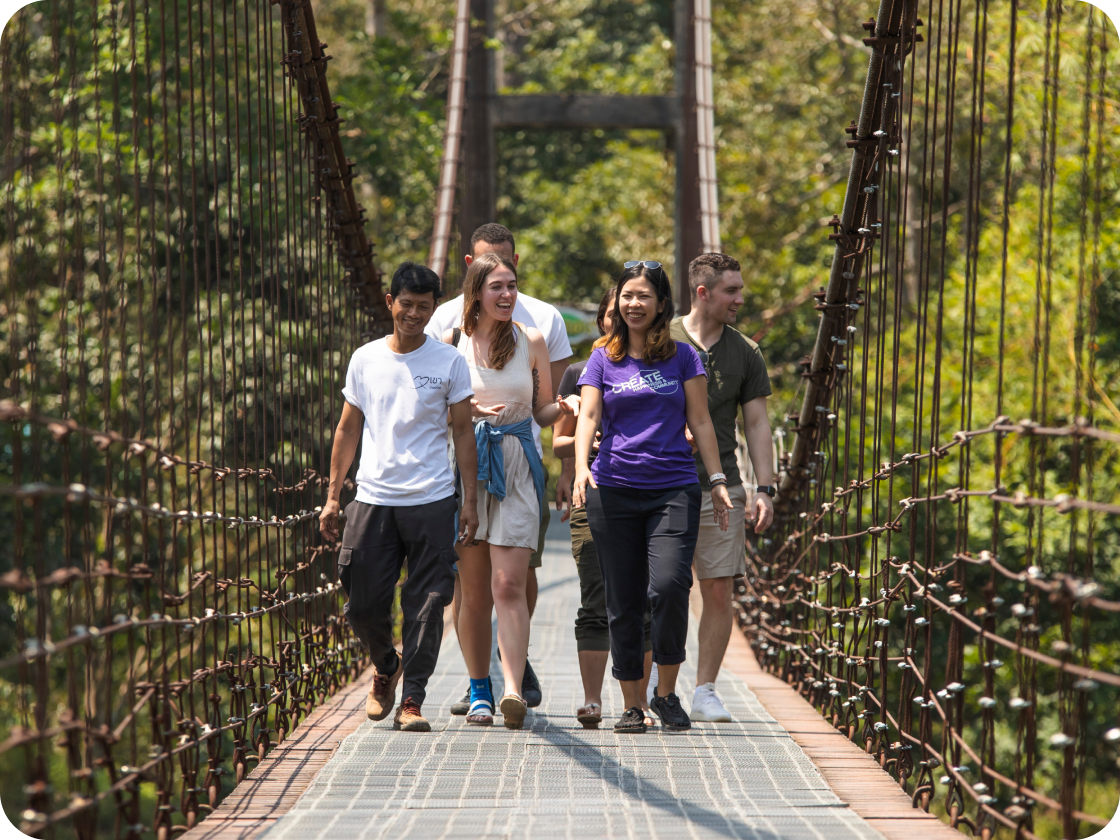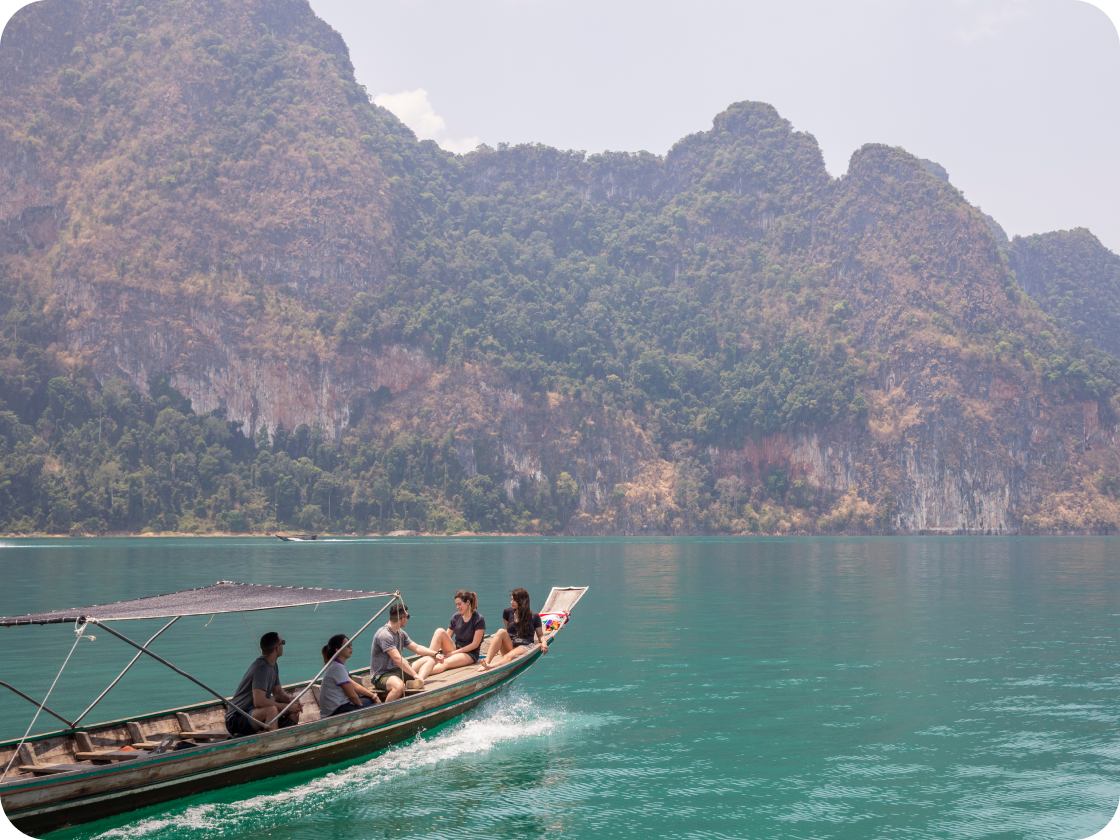Georgia Tours & Trips in 2025/26
Nestled between the waters of the Black Sea and the Mighty Caucus Mountains, Georgia is something of a hidden gem. Tourism has grown rapidly here over the last decade, and it’s easy to see why. The capital Tbilisi, with its dramatic valley setting and charming Old Town, looks like something out of a postcard — plus, it’s got excellent eateries, bars, and even a world-class techno scene. Who knew? Elsewhere, you’ll find spectacular churches and monasteries, ancient caves, and a world-class food and wine scene. Winner, winner.












